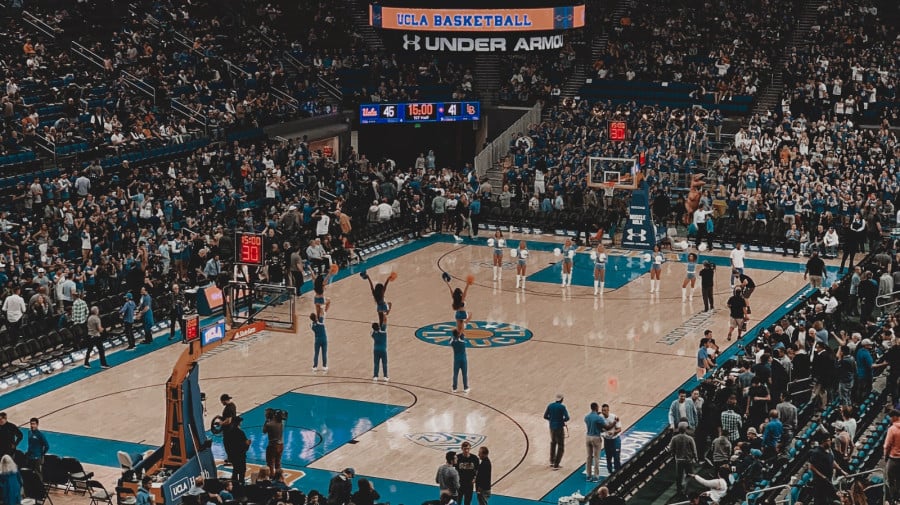Navigating Name, Image & Likeness - Tips For College Athletes, Brands & Universities

For decades, universities made millions of dollars off college sports, while student athletes were prohibited from being paid for endorsements, camps, meet and greets, autographs, and similar activities.1 Starting July 1, 2021, the National Collegiate Athletic Association (NCAA) changed that.2 The NCAA adopted an interim policy that suspended its name, image, and likeness (NIL) rules, and thus allowed Division 1, 2, and 3 athletes to be compensated for their NIL activities.3 The NCAA provided further guidance, namely that athletes “can engage in activities that are consistent with the [NIL] law of the state” in which the university sits and, for states without NIL laws, universities are free to adopt their own NIL rules.4 This sea change means that student athletes interested in NIL activities not only may need to comply with state laws, but they also may need to ensure compliance with university and/or conference NIL rules when executing NIL deals.5
This article discusses the background to these NIL laws, its prohibitions and restrictions and how they impact athletes, universities and brands. It then delves into how NIL deals have been shaping up one year in to this massive regulatory change and then goes on to provide some best practices for athletes, universities and brands to navigate the NIL landscape and the potential issues that may arise.
To continue reading or watching login or register here
Already a member? Sign in
Get access to all of the expert analysis and commentary at LawInSport including articles, webinars, conference videos and podcast transcripts. Find out more here.
- Tags: American Football | Athlete Welfare | Athletics | Basketball | College Sport | Image Rights | Intellectual Property Law | NCAA | Regulation & Governance | Sport | United States of America (USA)
Related Articles
- NCAA V. Alston - Why The NCAA Lost & What The Future Holds
- Creating better pathways for young female football players in USA: Olivia Moultrie v NWSL
- Controlling athletes' trademarks: What can sports learn from WWE's trademark ownership?
- Why Challenges Remain For US Women’s Soccer After Equal Pay Deal
- How The US Women’s Soccer Team’s New Equal Pay Deal Works
- Name Image & Likeness: Why U.S High School Athletes May Sue Over Rights Restrictions
Written by
Lee Eulgen
Lee Eulgen is a Partner at Neal Gerber Eisenberg in the Intellectual Property group and serves on the firm's Executive Committee. Lee's practice covers all traditional intellectual property assets, as well as issues such as data ownership and online compliance. He counsels clients concerning strategic facets of global trademark portfolio development, including clearance, prosecution and enforcement matters. Lee also negotiates a wide variety of complex technology and licensing agreements and transactions. He is the former Chair of the Domain Disputes Subcommittee of the International Trademark Association’s Internet Committee and was Vice Chair of the International Trademark Association’s U.S. Famous Marks Subcommittee. Dedicated to giving back through pro bono work, Lee sat on the Board of Directors of the Chicago domestic violence clinic, Pro Bono Advocates, for five years.
Kara Smith
Kara Smith is an Associate at Neal Gerber Eisenberg in the Intellectual Property group, where she specializes in trademark, copyright, licensing and litigation. Kara counsels clients on trademark office action responses and manages proceedings in Trademark Trial and Appeal Board actions. In addition to her law practice, Kara is dedicated to educating future attorneys. She works as an adjunct professor at the Loyola University Chicago School of Law, where she teaches Advanced Legal Writing for Intellectual Property Practice and coaches Loyola’s Vienna Vis Moot Team. Kara also sits on the board of directors for Ms. JD, an organization dedicated to the success of aspiring and early-career women lawyers.





